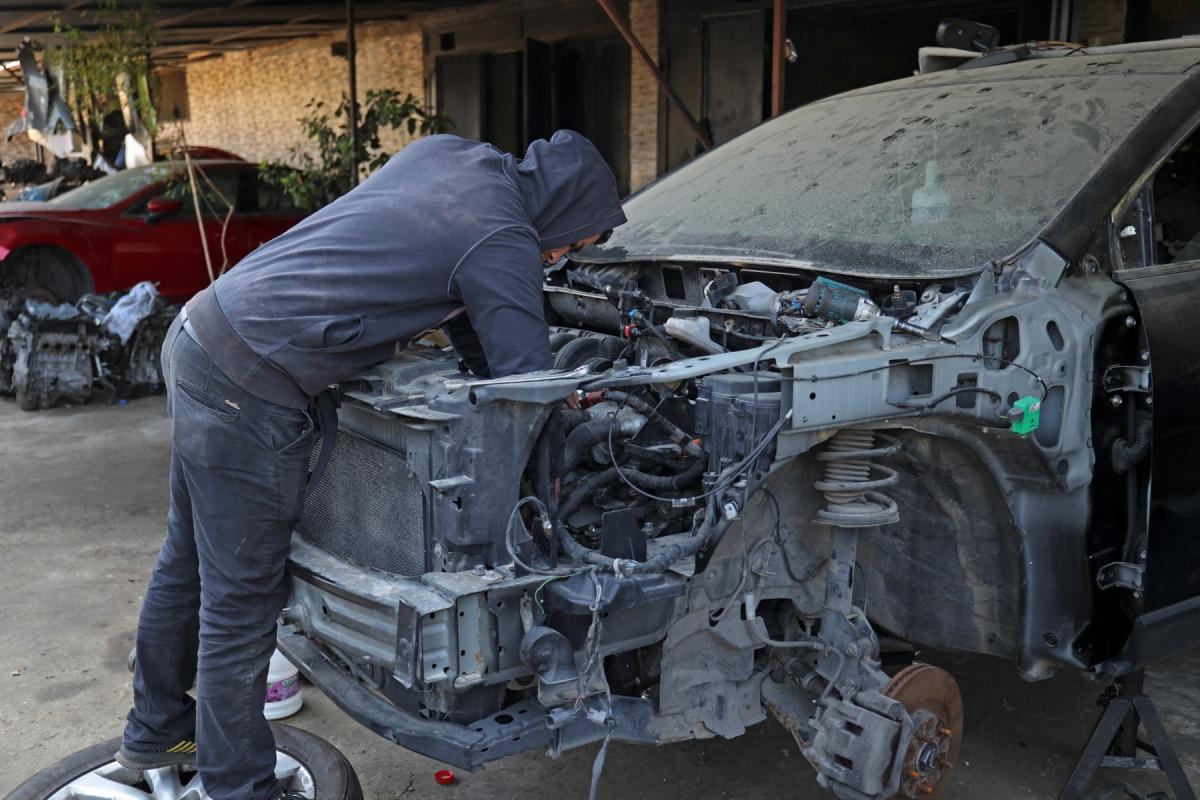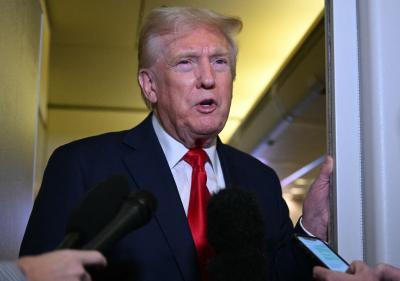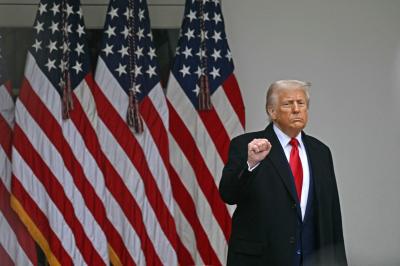In the wake of Lebanon’s severe economic collapse, a growing number of young people have turned to entrepreneurship and self-employment as a means of survival. With youth unemployment reaching 47.8% in 2022, according to Lebanon’s Central Administration of Statistics, and the Lebanese pound losing 98% of its value, many sought refuge in launching personal ventures. Yet, reality has proven far harsher than the dreams born on hopeful summer nights. While a few initiatives have seen success and added value to the economy, most were stillborn or are struggling to stay afloat.
At its core, entrepreneurship is about turning new ideas into viable projects that serve market needs and improve quality of life. But for such ventures to thrive, three key elements must be in place: entrepreneurs, a free and competitive market, and a supportive quality of life. In Lebanon, these prerequisites are largely absent.
A Harsh Environment for Startups
Many of today’s graduates were products of a deteriorating public education system. According to a study by the Lebanese Center for Studies, public school students have lost nearly 765 instructional days since 2016. Add to that the frequent disruptions at the state university and the proliferation of subpar private institutions, and the challenges facing aspiring entrepreneurs become clearer.
The Lebanese market, while theoretically liberal, is in practice monopolistic. The state retains control over essential services such as telecommunications, electricity, and water—delivered at high costs and poor quality. Exclusive agencies dominate economic activity, despite the passing of the Competition Law in 2022. And quality of life continues to erode, with Lebanese youth ranking among the least optimistic in the region, according to the Arab Barometer’s 2021–2022 survey.
Fewer Businesses Being Registered
Reflecting these struggles, the Beirut and Mount Lebanon Chamber of Commerce has seen a 27% drop in new business registrations since the onset of the crisis—from around 15,000 companies to 11,000. Speaking at a recent workshop titled "Entrepreneurship and Self-Employment in Times of Crisis: Challenges and Opportunities", hosted by TEMPLETON Foundation, the Lebanese Institute for Market Studies (LIMS), and LAU’s Adnan Kassar School of Business, Dr. Nabil Fahed noted that while a few initiatives show promise, most struggle due to lack of funding.
Funding Dries Up
With the banking sector in collapse, direct loans to entrepreneurs have vanished. Dr. Patrick Mardini, President of LIMS, explained that individuals and institutions are now scrambling to find alternative funding sources. Infrastructure failures—especially in electricity and telecommunications—add further pressure. High costs due to monopolies, coupled with the country’s inability to attract tourists and investors, underscore the need to open markets to competition and dismantle monopolies to stimulate the economy.
From Ideas to Reality
As a result, many potential entrepreneurs are either abandoning their ideas or leaving the country. Rural areas, in particular, are suffering from a shortage of entrepreneurs, said Souhad Abou Zaki, head of grants and research at the Rural Entrepreneurs Association. Most initiatives are centered on agriculture and handicrafts, even as many seek to incorporate technology into these traditional sectors.
Startup incubators have also felt the strain. According to Rami Bou Jaoude, COO of Berytech, both the number and quality of incubated startups have declined. "Since the 2019 collapse, we’ve seen two types of entrepreneurship emerge: one born out of necessity—mostly informal, small-scale work—and another driven by qualified youth aiming to make a real market impact," he said. Berytech has worked with about 500 small and medium enterprises in recent years, a figure Bou Jaoude finds encouraging given the context. Every time the incubator opens applications, it receives between 150 and 200 applicants, though it can only support 25.
The Role of the Ministry of Economy
On a governmental level, efforts are underway to streamline business registration and improve the overall ease of doing business. Dr. Mohammad Abou Haidar, Director General at the Ministry of Economy and Trade, highlighted plans to expand the “one-stop shop” for company registration and reduce bureaucratic delays. The ministry has also focused on creating new export markets. In 2021, 3,351 new trademarks were registered—65% in the food sector and 20% in tech.
Abou Haidar noted that 40 Lebanese tech startups have been supported to operate in Dubai, and Lebanese products have recently made it to international trade fairs in the UAE, Qatar, France, and Germany. As a result, Lebanon achieved record exports to the EU in 2023, exceeding €610 million, including first-time exports of honey and avocados from small and medium enterprises. The ministry is now exploring new markets in Latin America, where large Lebanese diaspora communities reside.
The Path Forward
At a broader level, experts like Dr. Ali Fakih, Head of Economics at LAU, emphasize the importance of synergy between academia and the private sector. Among the recommendations from the recent workshop were increased financial support for startups and legal reforms to ease company formation.
In a country plagued by instability, entrepreneurship could be a powerful tool for regeneration. But unless Lebanon addresses its structural barriers—education, infrastructure, market monopolies, and funding—most of its entrepreneurial dreams will remain just that: dreams.
 French
French













